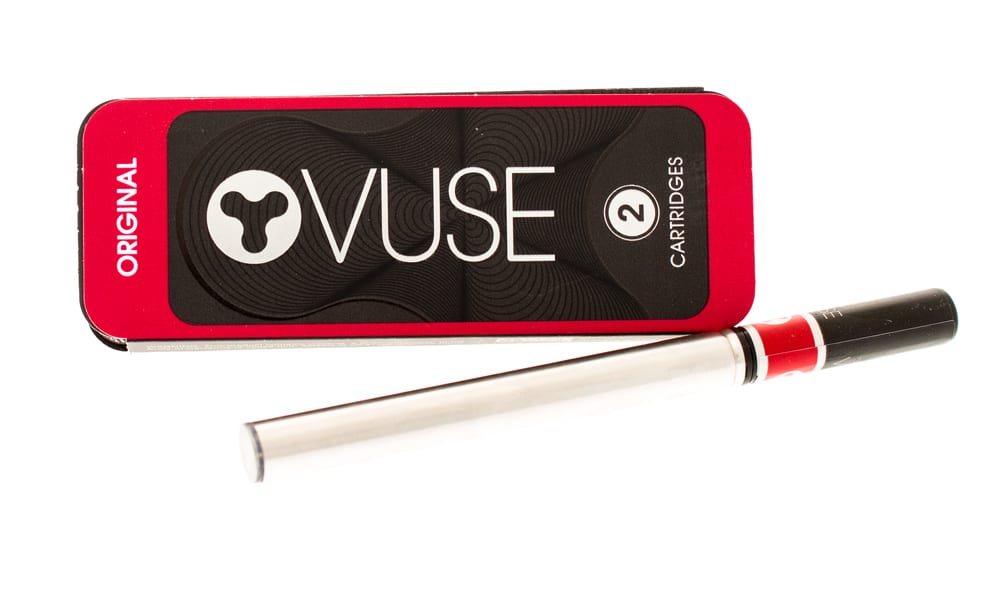On Tuesday, the US Food and Drug Administration (FDA) authorized the marketing of three new e-tobacco products in the country.
The significant move marks the first set of electronic nicotine delivery system (ENDS) products ever to be authorized by the FDA.
The administration says it considered the risks and benefits of the ENDS to users and non-users of tobacco products, and more importantly, the youth.
FDA says it found that the potential benefit of the products to smokers who completely switch or significantly cut their cigarette use, far outweigh the risk to youth, as long as post-marketing requirements meant to reduce youth exposure and access to the products are observed.
The move by the American body, however, comes at a time when Kenyan authorities are facing increased pressure to ban similar new tobacco products in the local market.
Read More
Dr Mercy Mwangangi, the Health CAS, on Tuesday said Kenya was yet to revise its stand on nicotine pouches in the market, and vowed that the government was not keen on doing so.
The move by the government comes amid calls by the Kenya Tobacco Control Alliance (KETCA) to have the Kenya government impose a ban on nicotine and associated tobacco products.
While approving the new tobacco products, FDA noted that new tobacco and nicotine products risk being used by underage users, resulting in it imposing strict marketing and advertising restrictions on the products.
“Today’s authorization imposes strict marketing restrictions on the company, including digital advertising restrictions as well as radio and television advertising restrictions, to greatly reduce the potential for youth exposure to tobacco advertising for these products,” said FDA in a statement.
Tobacco manufacturers have argued that new nicotine and tobacco products including vapes, nicotine pouches and e-cigarettes provide a less harmful option to traditional cigarettes and appealed to governments globally to reconsider their ban on them.
 Vuse vape. PHOTO/COURTESY
Vuse vape. PHOTO/COURTESY
BAT’s Chief Marketing Officer Kingsley Wheaton, in a statement delivered at the Global Tobacco and Nicotine Forum in September, urged governments to consult science when making decisions on new products in the tobacco industry.
“Responsible, science-backed and well-thought-through regulation is essential to ensuring that adult consumers can use reduced-risk products with confidence, while governments and health bodies can be assured of product safety and quality,” Wheaton said.
He added, “There is evidence that following bans, vapour consumers can revert to smoking – undoing the good work of category development and its evolution. Governments should be revoking bans on alternative products, not introducing them.”
In a statement following FDA's decision, the Campaign for Safer Alternatives (CASA) termed the move a wake-up call to Kenya saying it was proof that the country lags behind the rest of the world in the fight to prevent smoking-related deaths.
Through its chairman Joseph Magero, CASA - a pan-African non-governmental member organization dedicated to achieving 100 per cent smoke-free environments in Africa - criticised Kenyan authorities for their efforts to deny smokers access to safer alternatives.

Joseph Magero. PHOTO/COURTESY
“Countries worldwide are seeing and feeling their benefits, yet authorities in Kenya still seek to deny our three million desperate smokers access to these innovative products, which might provide their only hope of moving away from lethal cigarettes,” Magero said.
He added, “Thousands of lives could be saved if legislation follows evidence and includes alternative nicotine products such as vaping and nicotine pouches as crucial tools to fight smoking."








 (1)-1730745141.jpg)